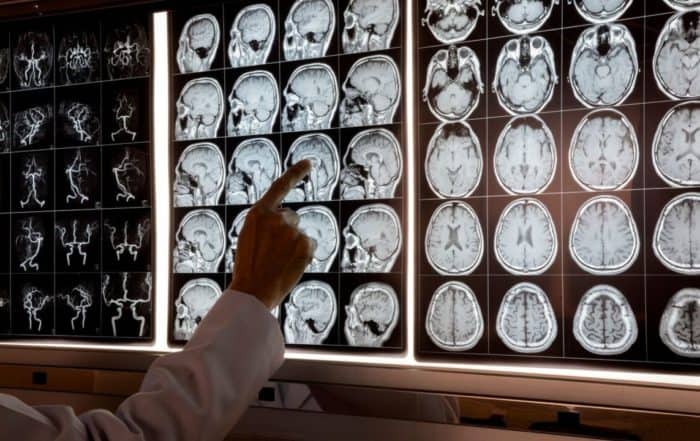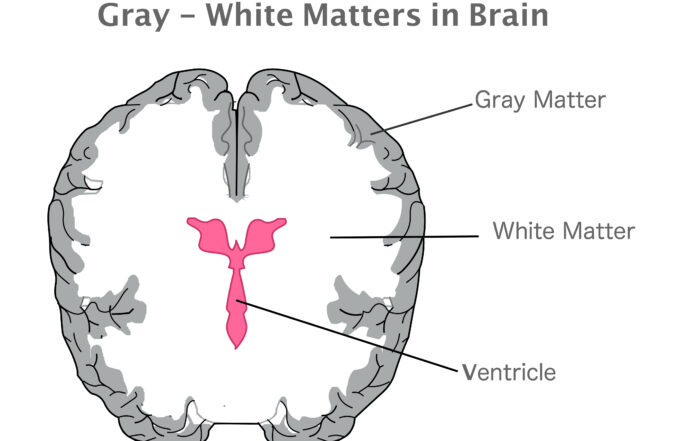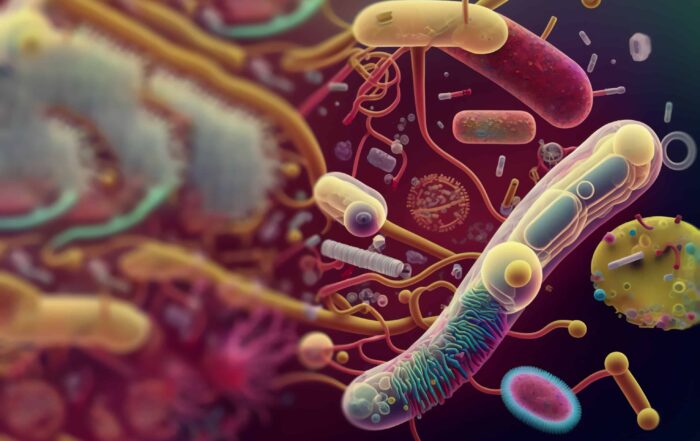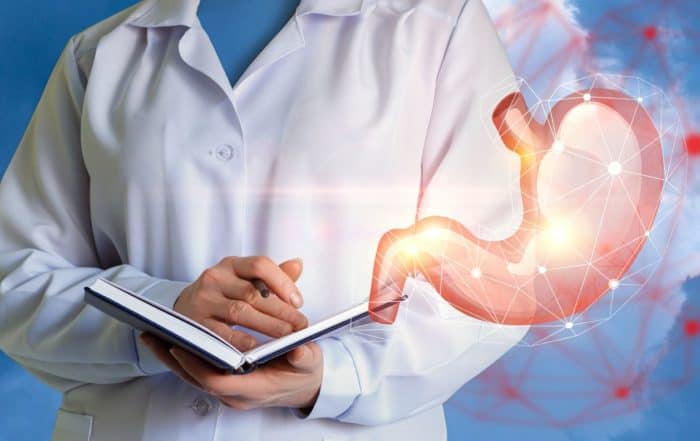Handouts are online at: https://www.ariconference.com/webinars/margolis.pdf
Free certificates of participation are available online following successful completion of a brief knowledge quiz at: https://www.classmarker.com/online-test/login/
Kara Gross Margolis is a pediatric gastroenterologist whose clinical subspecialty is gastrointestinal problems in children with autism. She completed her fellowship in Pediatric Gastroenterology at Children’s Hospital of Boston, Harvard Medical School in 2007 and has been in practice at Columbia since that time. She has served on the Gastroenterology Committee of the autism treatment network for Autism Speaks and is part of a national research core at The Center For Discovery, a residential facility for children with special needs. She has conducted clinical research on the association between gastrointestinal problems and problem behaviors in children with autism. Her basic and translational research focuses on the relationship between intestinal serotonin, gut dysfunction and the potential role of serotonin as a gut-brain link in autism. She has been featured in “The Atlantic Monthly” and speaks regularly at both national and international conferences on these topics.
Published: 11/18/2014

Improving Clinical Understanding of Autism
Free webinar at 1 p.m. Eastern time (US), Wednesday, November 6, 2024 Learn about emerging research on improvements in clinical understanding that can be gained by applying findings from the neurosciences field.
White Matter Development and Language in Autism
Learn about emerging research on white matter development and language abilities during infancy in autism.Handouts are online HERE The speaker: Tyler McFayden, PhD, is a
Screen Time and Social Engagement in Early Childhood Development
Karen Heffler, MD, takes viewers on a comprehensive exploration of the relationship between early-life screen time exposure and autism risk. She delves into the intricate interplay of genetics, environmental factors,
Microbiota therapy may lead to lasting beneficial changes in the gut health of children with autism
Microbiota transfer therapy (MTT) may lead to long-term improvements in the gut health of children with autism spectrum disorders (ASD), according to a recent study by Khemlal Nirmalkar and colleagues at
Behavioral and Brain Signatures of Autism in Females
Kaustubh Supekar, Ph.D., examines recent findings about gender/sex differences in autism phenotypes and brain organization. He highlights the underrepresentation of females in autism and underscores the need for a large-scale science approach. The
The Role of Neurotransmitters in GI Disorders Related to Autism
Kara Gross Margolis, MD, explores recent studies surrounding the role of serotonin and the more extensive gut microbiome in gastrointestinal (GI) and inflammatory conditions related to autism. She presents case studies highlighting







